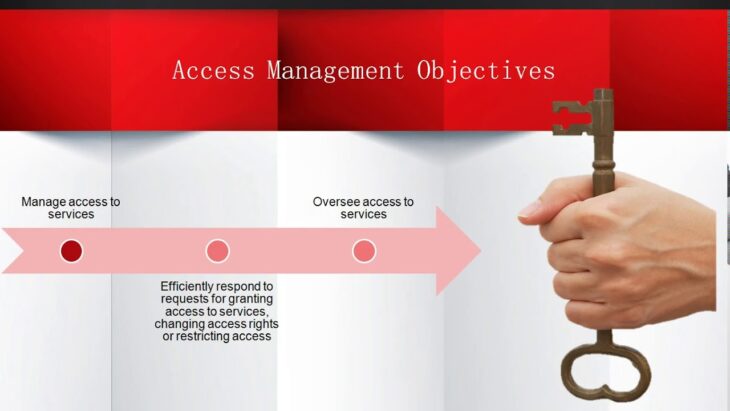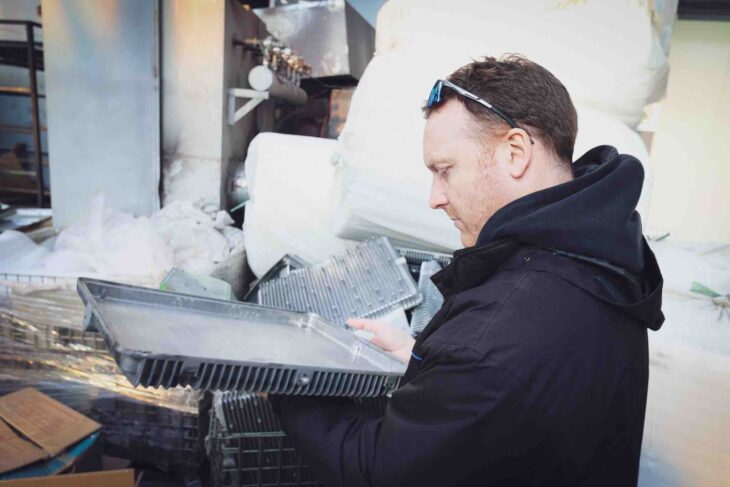As of 2022, the personal injury lawyers and attorneys market size records at $42.3 billion in the U.S. It’s projected that this market will increase by 1.9% by the end of the year.
Before beginning the trials, both parties must engage in a discovery process. This process allows for the exchange of information between the parties in conflict.
Both sides will know what evidence may get presented in court before the trial begins. Read on to understand how the discovery process works in practice.
Depositions
In this stage, either party will ask the other party or a possible witness to respond to questions under oath. Usually, the party getting deposed will visit the attorney’s office for the side requesting the deposition.
In the office, a private court reporter will record the deposition. This action can help your attorney determine what a significant witness will say at your personal injury case trial. So, the best attorney will make the necessary adjustments in your defense.
The recorded statement during the deposition should match what the witness will say at trial. Otherwise, your lawyer will find a perfect reason to impeach the witness’s credibility.
You’ll respond to the deposed questions under the penalty of perjury. So, you should be truthful as possible even if your answers may harm your case.
Requests for Production of Documents
In case of litigation, both parties can send written requests via email to the opponent or their lawyer. The sought set of documents must be relevant to the lawsuit.
For instance, an employee may decide to file a lawsuit for racial discrimination. The employee may need access to the employer’s records in such a case.
By doing so, the employee can show that other performing employees of different racial backgrounds undergo better treatment than they do.
Requests for Admissions
In most cases, a plaintiff tells a particular story in their complaint. On the other hand, the defendant outlines their side of the narrative in response.
Both sides of the story will often have major similarities with minor disagreements on a few key issues. The requests for admissions will help minimize the dispute by identifying the points upon which both sides agree.
So, your case litigation becomes more efficient by limiting evidence presented at trial to only disputed issues.
Respond to Interrogatories
These are a written set of questions addressed by one party to the other. The party answering the interrogatories should have the same answers at trial.
Otherwise, you stand the right to point the matter out in the challenge of their credibility.
Limitations on Discovery
You’ll risk facing sanctions when you fail to cooperate with the legal discovery process. This can also happen when you tamper with discoverable evidence before closure.
The consequences can include an instruction for a negative inference at trial. In other scenarios, you’ll face dismissal of your claim or counterclaim.
Still, you can object to a request if you feel the other party makes unlawful discovery requests to harass you. The court will decide whether you should avail none, part, or all of the requested materials to the opposing side.
Discovery Process
You’ll need to consult with the best law firm when planning for the discovery process of your case litigation. You can seek referrals from the people you know to get the best attorney.
Conduct research online for reviews and feedback from previous prospective law firm clients. Be sure to choose the best attorney for your personal injury case litigation.
Explore this page to learn more about the discovery process in case litigation.
















You must be logged in to post a comment.